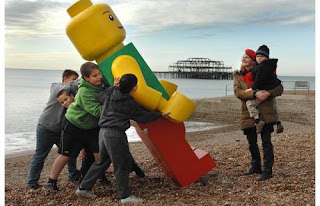 |
| Moms think marijuana candy has crossed the line. |
But, there are times those liberties extend a bit further than some people desire. Take the Freedom of Speech guaranteed in the U.S. Constitution, for example. While we raise our children espousing the virtues of freedom of speech in our nation's classrooms, are there times when people push the line on these liberties?
Recently, candy shaped like marijuana has been showing up on store shelves across the country. These candies are marketed under names like, "The Pothead Ring Pots," "Pothead Lollipops" and "Pothead Sour Gummy Candy." A group of Buffalo, NY moms believe that the manufacturer has crossed the line and are questioning whether retailers should be allowed to sell candy shaped like marijuana to children. They allege that illegal substances should not be positioned as something fun for children to eat.
According to Fox News, parents contend that while the candy does not contain anything illegal, "its marijuana leaf, the word "legalize" and a joint-smoking, peace sign-waving user on the packaging is not only in poor taste but an invitation to try the real thing."
This debate conjured up images of the candy cigarettes I had as a child. On the few occasions that we were able to talk mom into buying us a pack, I must admit that I felt pretty grown-up smoking my fake cigarettes. Of course, that was at a time when the dangers of cigarette smoking were only just being exposed; so, one could argue that they were perceived as fairly harmless.
 |
| Candy cigarettes |
 |
| Joe Camel ads banned in 1997 by FTC |
 |
| Pro-Life protestors show graphic images of late term abortions. |
What do you think? Do these examples fall comfortably within our Constitutional rights as Americans? Or have they crossed some invisible line that demonstrates we have gone too far as a country? Just how far is too far?
I'd love to hear your opinions.














